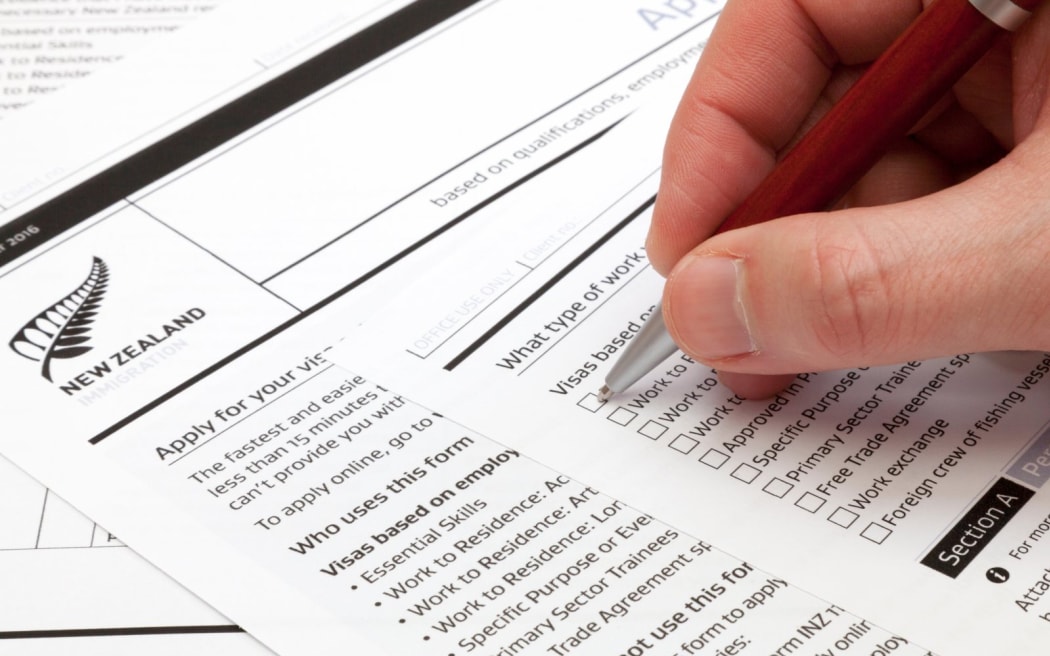Politics
New Zealand Grants Residency to 84-Year-Old Widow Facing Deportation

An 84-year-old widow facing deportation to Iran has successfully appealed for residency in New Zealand, alleviating her fears of returning to a country fraught with danger. The Immigration and Protection Tribunal ruled that her son’s national security role in New Zealand posed significant risks to both him and her should she be forced to return to Tehran.
The tribunal’s recent decision highlighted the precarious situation of her son, who is a New Zealand citizen and holds dual citizenship. His employment with a company involved in national security projects means he could face severe repercussions if he returned to Iran. The tribunal noted, “Returning [her] to Iran would have the consequence that she and her son would be permanently separated.”
The ruling emphasized the dire conditions in Iran, stating that the woman would be returning to a “chaotic and unpredictable environment,” particularly in light of escalating tensions in the Middle East and ongoing military conflicts. Given her age and vulnerability, the tribunal deemed that her return would be deeply stressful and could even be fatal.
Impact of Recent Events on Vulnerable Individuals
The elderly widow had last visited her son in New Zealand just before the Covid-19 pandemic and remained until late 2021. However, her recent trip ended with a panic attack just before boarding her return flight to Iran. A general practitioner confirmed her heightened anxiety regarding the prospect of going back.
The tribunal found that her son, a software engineer with national security clearance, would find it impossible to live safely in Iran due to his job’s sensitive nature. “He points to the fact that he is employed by a company that is affiliated with security projects in a western country and has New Zealand national security clearance which grants him access to restricted documents; factors that the Iranian authorities would perceive as treason,” the decision stated.
New Zealand’s travel advisory website currently has its highest risk level of ‘do not travel’ for Iran, citing threats of violent civil unrest, arbitrary arrests, and a volatile security situation.
Exceptional Humanitarian Circumstances Acknowledged
Initially, her son applied for another visitor visa for his mother, anticipating that Immigration New Zealand would recognize their “exceptional circumstances.” When that application was declined, she found herself in the position of an overstayer.
The tribunal ruled that deporting the retired nurse would be unjust and unduly harsh given her exceptional humanitarian circumstances. The ruling noted, “The country’s current volatile geopolitical situation makes it wholly unrealistic for the appellant to return to live there, even assuming that she could travel there.”
The court underscored that she lacks family support and would have to manage daily life alone in an unstable environment. The decision pointed out that her recent years of living with her son had left her emotionally fragile, stating, “The mere thought of returning there alone has left her largely unable to function.”
This ruling marks a significant victory for the elderly widow, ensuring her safety and well-being while highlighting the broader implications of geopolitical tensions on vulnerable populations.
-

 World4 months ago
World4 months agoTest Your Knowledge: Take the Herald’s Afternoon Quiz Today
-

 Sports4 months ago
Sports4 months agoPM Faces Backlash from Fans During Netball Trophy Ceremony
-

 Lifestyle4 months ago
Lifestyle4 months agoDunedin Designers Win Top Award at Hokonui Fashion Event
-

 Entertainment5 months ago
Entertainment5 months agoExperience the Excitement of ‘Chief of War’ in Oʻahu
-

 Sports4 months ago
Sports4 months agoLiam Lawson Launches New Era for Racing Bulls with Strong Start
-

 World5 months ago
World5 months agoCoalition Forms to Preserve Māori Wards in Hawke’s Bay
-

 Health4 months ago
Health4 months agoWalking Faster Offers Major Health Benefits for Older Adults
-

 Lifestyle4 months ago
Lifestyle4 months agoDisney Fan Reveals Dress Code Tips for Park Visitors
-

 Politics4 months ago
Politics4 months agoScots Rally with Humor and Music to Protest Trump’s Visit
-

 Top Stories5 months ago
Top Stories5 months agoUK and India Finalize Trade Deal to Boost Economic Ties
-

 Health2 months ago
Health2 months agoRadio Host Jay-Jay Feeney’s Partner Secures Visa to Stay in NZ
-

 World5 months ago
World5 months agoHuntly Begins Water Pipe Flushing to Resolve Brown Water Issue









